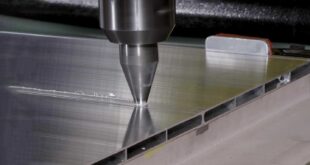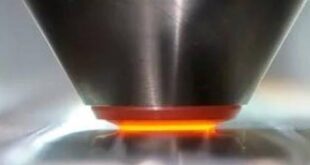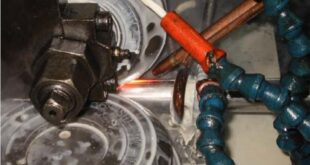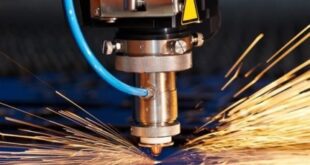Understanding HAZ in Aluminum Welds The Heat-Affected Zone (HAZ) is the unseen neighborhood around a weld where temperatures from the welding process change the metal’s microstructure without melting it. In aluminum welding the HAZ frequently controls whether a joint will meet strength, toughness, or corrosion requirements — more than the …
Read More »Understanding the Pros and Cons of Friction Stir Welding
Pros and Cons of Friction Stir Welding Introduction Friction Stir Welding (FSW) is a revolutionary solid-state welding process that has changed the way industries join materials, especially metals. Unlike traditional welding techniques, FSW does not involve melting the workpieces but instead relies on friction to generate heat. This process has …
Read More »Welding of Magnesium and its Alloys
Welding of Magnesium and its Alloys Introduction Magnesium, a lightweight and versatile metal, has found its place in numerous industries due to its exceptional properties. Its alloys, created by combining magnesium with other elements, further enhance its usability and performance in various applications. However, the welding of magnesium and its …
Read More »Can you Weld Aluminum to Steel?
Can You Weld Aluminum to Steel? Exploring Compatibility and Techniques Introduction Welding is a crucial process in the world of metal fabrication, allowing the joining of different metals for various applications. One intriguing question that often arises is, “Can you weld aluminum to steel?” This article delves into the compatibility …
Read More »Welding in Automobile Sector
Welding in Automobile Sector: Enhancing Structural Integrity and Safety Introduction In the dynamic world of automotive manufacturing, welding plays a crucial role in ensuring the structural integrity, safety, and overall performance of vehicles. The welding process binds various components together, creating a cohesive unit that can withstand the demands of …
Read More »What is Solid State Welding?
Solid State Welding: Joining Metals with Precision and Strength Introduction Solid State Welding is a cutting-edge technique that has revolutionized the field of metal joining. This process offers exceptional precision, strength, and durability in creating bonds between metals. Unlike traditional welding methods that involve melting the metals to be joined, …
Read More »What Is Autogenous Welding?
What Is Autogenous Welding? Introduction Autogenous welding is a specialized technique of welding that holds notable importance in various industrial applications. At its core, autogenous welding involves fusing two metal pieces together using heat, without the need for any additional filler material. This unique approach has garnered attention within the …
Read More »Thermo-mechanically Affected Zone in Friction Stir Welding
Thermo-mechanically Affected Zone in Friction Stir Welding Introduction Friction Stir Welding (FSW) is a revolutionary solid-state joining process that has gained immense popularity in various industries due to its advantages over conventional welding methods. However, during the FSW process, a unique zone called the Thermo-mechanically Affected Zone (TMAZ) is formed. …
Read More »Welding Temperatures Guideline
Welding Temperatures Guideline Introduction Controlling welding temperatures is of utmost importance in ensuring the quality and integrity of welds. The temperature at which welding takes place plays a significant role in determining the mechanical properties, metallurgical characteristics, and overall performance of the welded joint. Failure to control welding temperatures can …
Read More »Friction Stir Welding and Process
Friction Stir Welding and Process Introduction Friction Stir Welding (FSW) is a solid-state welding process that was developed in the 1990s. It involves the joining of metals without melting the material, and instead uses friction and pressure to create a strong bond between the two pieces. FSW has become an …
Read More » Welding of Welders All about Welding and Welders
Welding of Welders All about Welding and Welders








